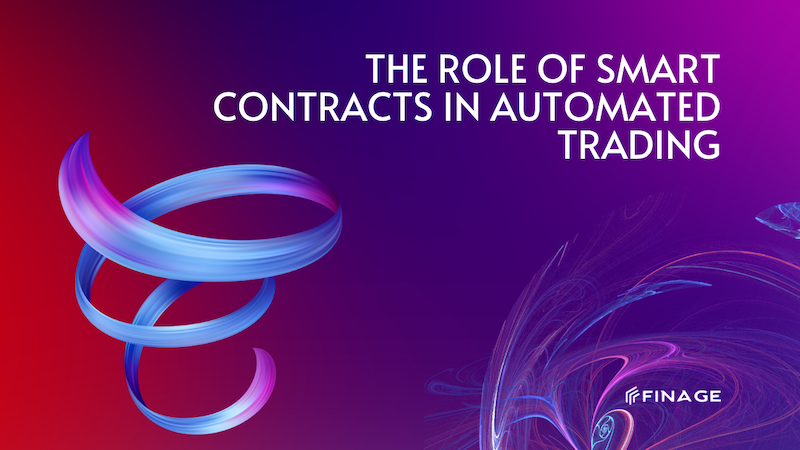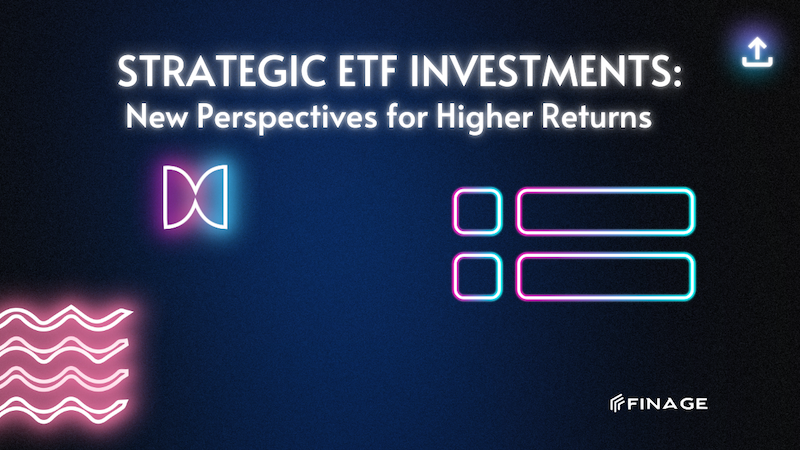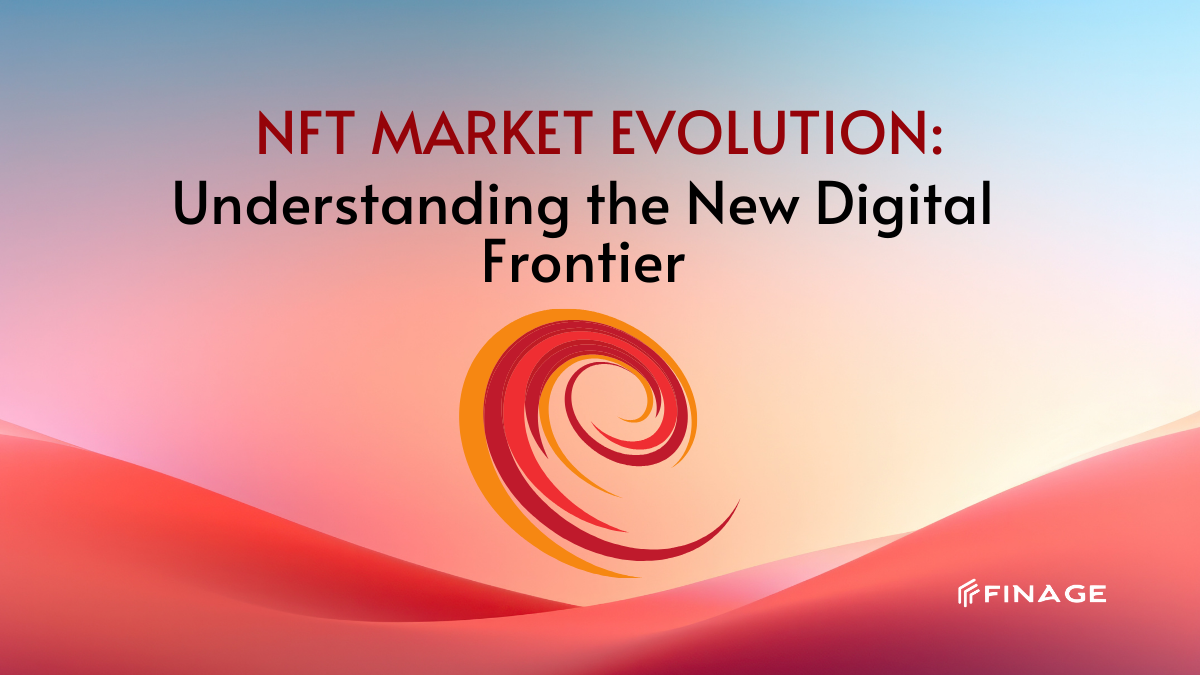Back to Blog
by Finage at May 26, 2023 5 MIN READ
Stocks

The Future of Stock Trading
The idea of stock trading in the traditional sense has been around for quite literally hundreds of years and this has seen quite a bit of evolution. From the Venetian systems of the 1300s to the US Markets in the early 1970s, the tools used to trade have evolved as well.
For a long time, actual human brokers were used to using their expertise to gauge the market. This has since changed with the innovative use of bots to make predictions and assist with making trades. Going forward, however, a new system is garnering a lot of interest and that is AI in the form of machine and deep learning, which in theory, will be more efficient than bots currently are. How exactly will this look?
Contents:
- How would this work?
- Deep learning in stock trading
- Is it worth it?
- Diminishing accuracy
- Rising competition
- Volatility issues
- Final thoughts
How would this work?
As stated earlier, in theory, machine learning would be a great asset in this field, especially as a predictive tool. If processed data is fed into an algorithm, it will likely be able to notice certain repetitions over a historical period and make predictions based on those.
However, this can't be applied now because of the chaotic nature of the stock market. Such chaos will likely limit what this technology can achieve as far as how far into the future it can predict. Therefore, it will need some human intervention, which defeats the whole purpose. It is for this reason that deep learning appears to be more promising. However, it is worth mentioning that you have to be always aware of the uncertainty in the stock market and know how you can play it.
Deep learning in stock trading
While machine learning will need some human interference to be complete, this more advanced version of it eliminates this by mimicking the human brain closely. It does this by using neural networks to look at data from a multi-layered standpoint which opposes machine learning's more linear method.
The said networks of a typical deep learning model are made of three layers which are as follows:
- The input layer, in which all sorts of data are fed
- The output layer takes care of and puts out predictions
- The hidden layers, which handle multiple different linear algorithms
As the data is fed into the system and passes through, it gains weight as more variables and uncovers more possible variables. By the time the data has gone through all the layers, a prediction is made. What makes this tech quite useful is its efficiency and the layered way in which things occur in these layers allows complex deductions to be made in as little as a matter of minutes. This is particularly advantageous when you consider that it would take a singular broker several days, during which a window of opportunity could have passed.
It's also important for you to know that the nature of the stock market is such that multiple variables have to be run through to get any sort of result. Things such as geopolitical events and natural disasters could impact a company's stock. This will require different models to sift through. Fortunately, there are a few different ways deep learning applies its neural networks to analyze such and they are:
- The convolutional route or CNN is renowned for its ability to identify patterns
- The recurrent route or RNN depends on loops of feedback and as such, is built for handling a series of data
- Long Short-term Memory or LSTM is a version of RNN that's built to tackle predictions that are naturally infrequent
From this, we can see that the increased automation of the whole stock process will make things a lot easier for traders and brokers. This is only in theory, however, as the tech isn't quite refined yet. Despite this, the potential is immense and once the tech catches up, things are likely to move in that direction quickly. It is also crucial to mention that you have to follow and check all new trends and acquire up-to-date, reviewing economic indicators. This will help to make proper data analysis and forecasts. It is one of the main principles of stock investments at any time.
Is it worth it?
This is a question that at the very least, is worth looking into. Anything that can get you an edge in the stock market is worth looking into and the potential of AI is quite impressive.
That said, the stock market is about as unpredictable as it gets. This means that irrespective of whatever strategy or tool you implement, pitfalls will make themselves present eventually. As far as AI is concerned, the following are the major risks that would present themselves:
Diminishing accuracy
The thing about the new tech of any kind is that predictions usually have a limit to them. Deep learning isn't quite there yet and the technology from which it's derived can only go so far before losing accuracy. As such, they need human intervention.
Rising competition
This is rather obvious at first look because once models are built and have overwhelming success, others will follow suit. This will result in great competition and ultimately oversaturation of the market.
Volatility issues
Though AI can be accurate, it will never be a done deal as a result of the inherent volatility of stock trading. As such predictions will not always be accurate, especially as new variables enter the mix.
Final thoughts
AI is a popular concept mainly because it makes things automatic and while the tech hasn't arrived at the necessary level, it's being used to some extent in trading bots. With that in mind, you will have to be ready for the consequences, for as beneficial as it can be, nothing can take the market. You can also check stock data in real-time streaming and historical API. This is especially useful when we speak about building charts, apps, and platforms.
This is why your approach to it should be cautious and if a tool is built for you, ensure that it is of good quality to withstand the competition. The field is still relatively uncharted, so other aspects are likely to be uncovered as we go forward.
You can get your Real-Time and Historical Stocks Data with Finage Stock Data API key.
Build with us today!
Featured Posts

The Role of Smart Contracts in Automated Trading
July 24, 2024

Strategic ETF Investments: New Perspectives for Higher Returns
July 23, 2024

NFT Market Evolution: Understanding the New Digital Frontier
July 22, 2024

Advanced Strategies for Navigating the CFD Market
July 21, 2024

Decentralized Exchange Dynamics: Innovations and Future Trends
July 20, 2024
Categories
Forex
Finage Updates
Stocks
Real-Time Data
Finage News
Crypto
ETFs
Indices
Technical Guides
Financial Statements
Excel Plugin
Web3
Tags
Future of Trading
Stock Market Trends
Online Trading
Digital Stock Trading
Advanced Trading Technologies
Stock Market Future
Investment Technology
Automated Trading
AI in Stock Trading
Financial Market Evolution
Online Investment Strategies
Fintech Trends
Trading Software
Future Trading Platforms
Stock Trading Innovations
Join Us
You can test all data feeds today!
Start Free Trial

If you need more information about data feeds, feel free to ask our team.
Request Consultation
Back to Blog
Please note that all data provided under Finage and on this website, including the prices displayed on the ticker and charts pages, are not necessarily real-time or accurate. They are strictly intended for informational purposes and should not be relied upon for investing or trading decisions. Redistribution of the information displayed on or provided by Finage is strictly prohibited. Please be aware that the data types offered are not sourced directly or indirectly from any exchanges, but rather from over-the-counter, peer-to-peer, and market makers. Therefore, the prices may not be accurate and could differ from the actual market prices. We want to emphasize that we are not liable for any trading or investing losses that you may incur. By using the data, charts, or any related information, you accept all responsibility for any risks involved. Finage will not accept any liability for losses or damages arising from the use of our data or related services. By accessing our website or using our services, all users/visitors are deemed to have accepted these conditions.